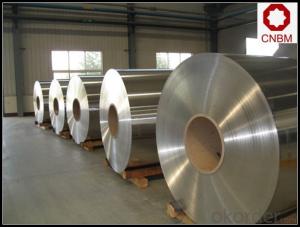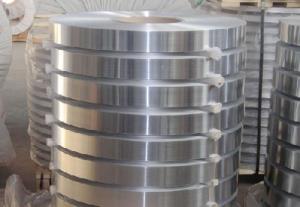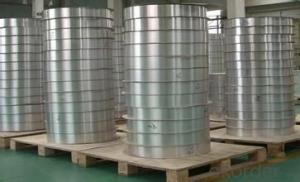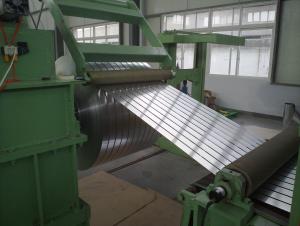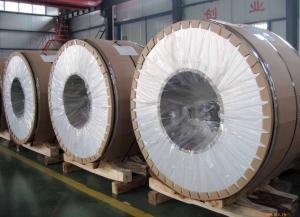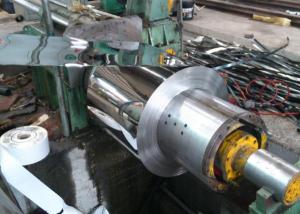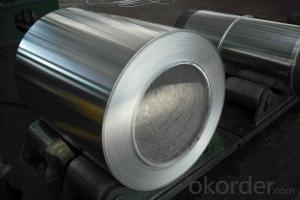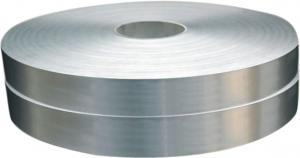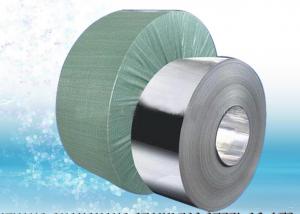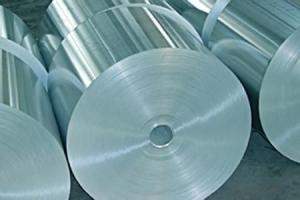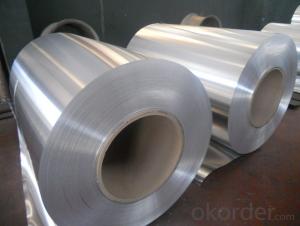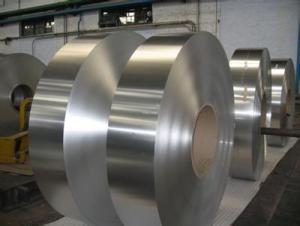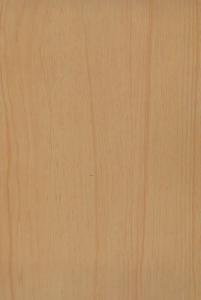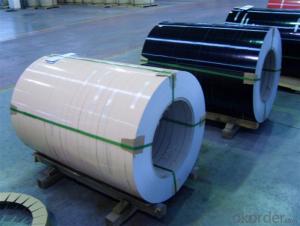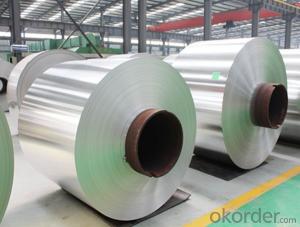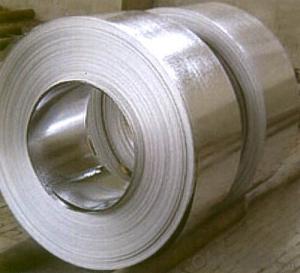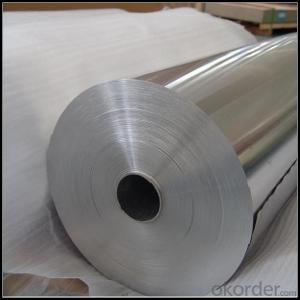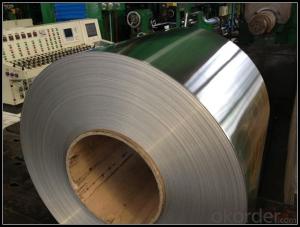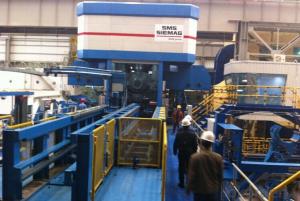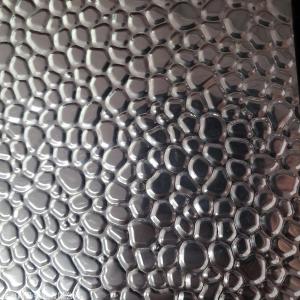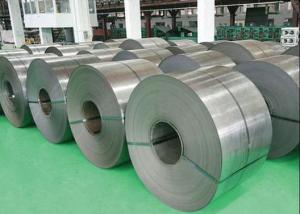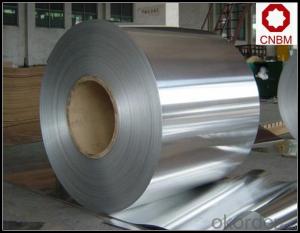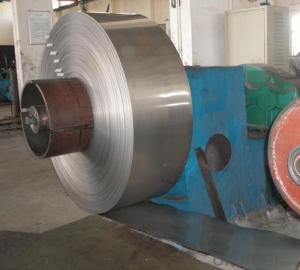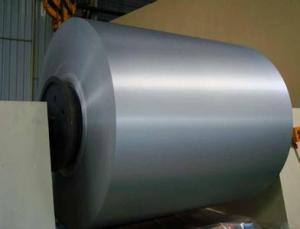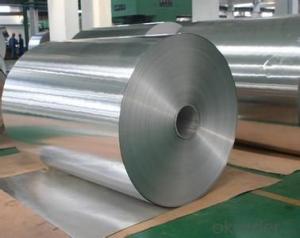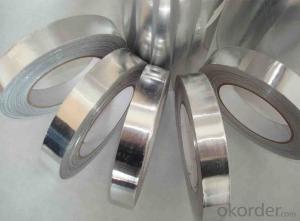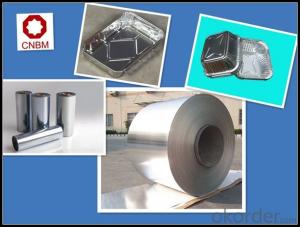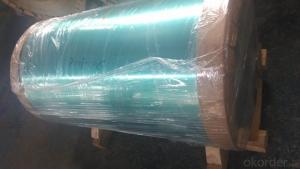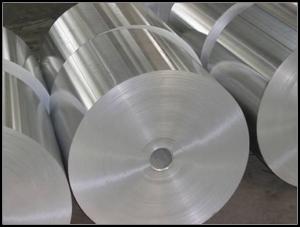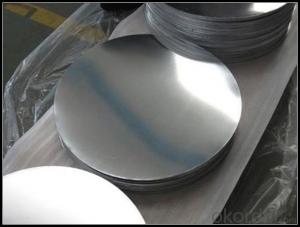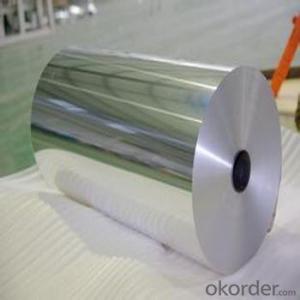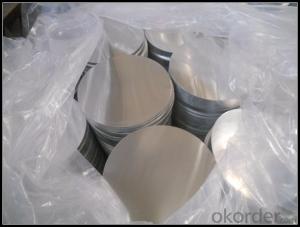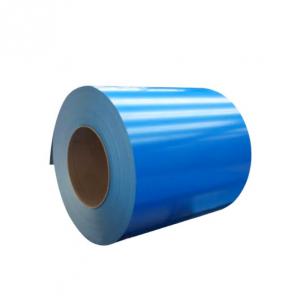Aluminum Strip Coil
Aluminum Strip Coil Related Searches
Aluminum Strip Aluminum Coil Pipe Aluminum Wire Coil Aluminum Strapping Coil Aluminum Tubing Coil Aluminum Foil Strips Aluminum Alloy Coil Aluminum Tube Coil Aluminum Copper Coil Aluminum Slit Coil Aluminum Ac Coil Aluminum Sheet Coil Aluminum Roof Coil Copper Aluminum Coil Coil Aluminum Anodized Aluminum Coil Aluminum A Coil Roll Aluminum Coil Aluminum Sheet Metal Coil Aluminum Fin Coil Aluminum Siding Coil Alcoa Aluminum Trim Coil Buy Aluminum Coil Aluminum Flashing Coil Aluminum Strip Stock Aluminum Trailer Roof Coil Trim Coil Aluminum Polished Aluminum Coil White Aluminum Coil Aluminum Kick Plate CoilAluminum Strip Coil Supplier & Manufacturer from China
Aluminum Strip Coil is a versatile product made from aluminum, which is widely used in various industries due to its lightweight, corrosion-resistant, and high-strength properties. This material comes in different thicknesses and widths, making it suitable for a multitude of applications. The product is known for its excellent formability, allowing it to be easily shaped and bent without breaking or losing its structural integrity.Aluminum Strip Coil finds its application in numerous usage scenarios, such as in the manufacturing of automotive parts, construction materials, packaging, and electrical components. Its durability and resistance to weathering make it an ideal choice for outdoor applications, while its conductivity properties make it suitable for electrical applications. The product's malleability also makes it a popular choice for the production of various consumer goods and industrial parts that require a lightweight and strong material.
Okorder.com is a reputable wholesale supplier of Aluminum Strip Coil, boasting a large inventory of this product to cater to the diverse needs of customers. With a commitment to quality and customer satisfaction, Okorder.com ensures that the Aluminum Strip Coil they provide meets the highest industry standards. By offering a wide range of options and competitive prices, Okorder.com has established itself as a go-to source for businesses looking to purchase Aluminum Strip Coil in bulk.
Hot Products
